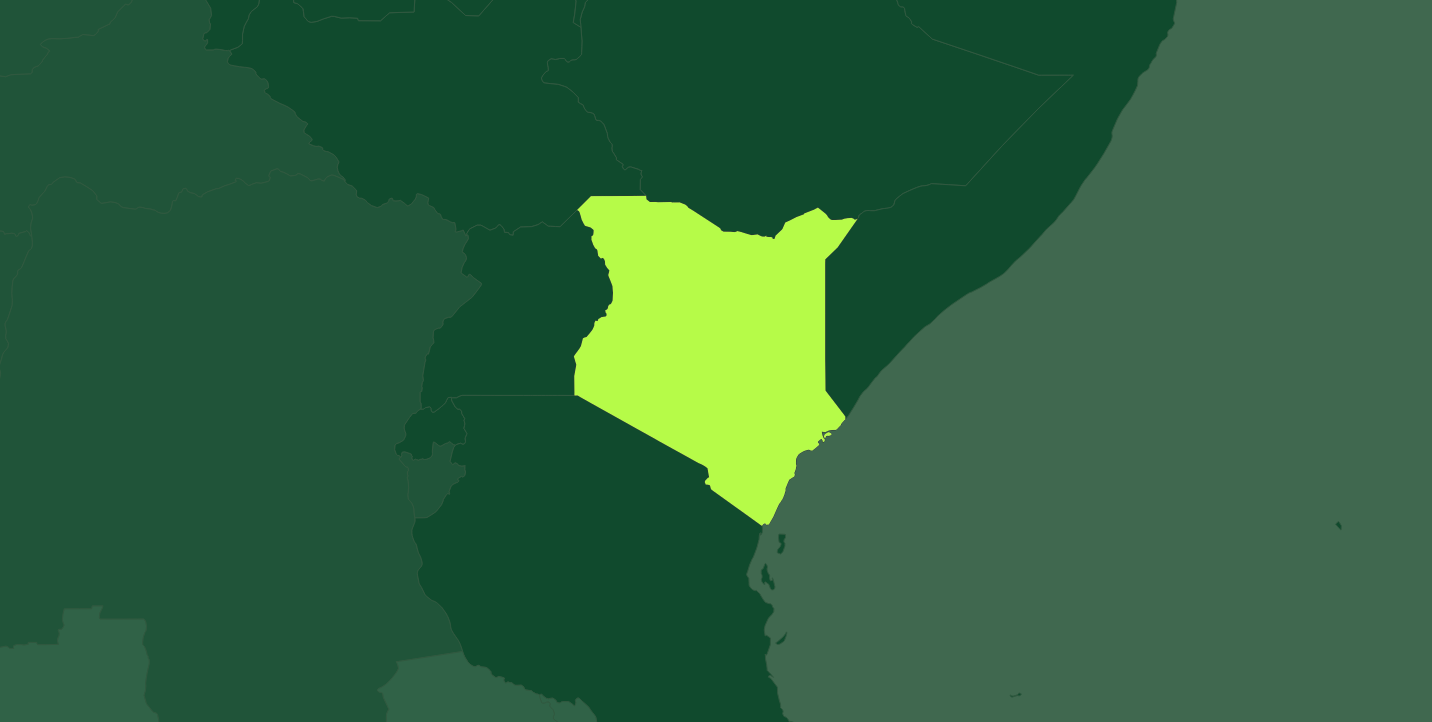
Cutting a shine on the Endorois dancefloor
Emma Eastwood, MRG’s Trouble in Paradise Campaign Manager, rounds off her trip to the Rift Valley discussing Obama ‘the Kenyan wonder boy’ and struts her stuff dancing with the Endorois. Sign our petition to pressure the Kenyan government to guarantee the Endorois community’s traditional way of life.
Today we take yet another bone-shaking ride up a poor excuse for a road to the Mochongoi Forest, which at around 2500m affords us views of the entire Endorois territory, bordered by dark hills swathed in rain clouds on the horizon.
The forest (which represents about one tenth of their land) is as crucial to the Endorois as the land surrounding Lake Bogoria. In the old days during the dry season the community would migrate up here with their cattle to the plentiful pastures – that was until the government gazetted the Forest in the 1970s, depriving them of yet more of their ancestral homelands.
To an outsider it would seem that the Endorois have plenty of space – only 60, 000 people scattered over a huge area, encompassing dry lowland plains dotted with irrigated maize fields and this highland plateau covered with lush grasslands and conifer groves. Playing devil’s advocate I point this out to Kipkazi, but he’s quick to remind me that the crux of the matter lies in the community’s lack of collective title to any of this land – they live daily with the possibility of being kicked out of their homes at any minute (in much the same way as they were from Lake Bogoria in the 1970s).
High up on the plateau we meet the volunteers who run the Human Rights Office, a humble wooden hut festooned with last year’s Christmas decorations and calendars portraying Obama ‘the Kenyan wonder boy’. Politics – everyone we’ve met so far is obsessed with the subject – the only words in Swahili I can ever make out are Obama, Raila, Kbaki and Obama and more Obama.
The main topic of discussion revolves around whether the presidential candidate will bring about change for Kenyans – so many people are pinning so much hope on this one man. Incidentally in Nairobi we found out that Obama’s father’s family are from the indigenous fisher folk community of the northern shores of Lake Victoria, a group MRG recently featured in our briefing on Kenya.
Paul Chepsoi, the Human Rights Office Chairman, looking incongruously smart in the rural surroundings in his suit and tie, takes us through the history of the dispossession of the Endorois from the Mochongoi Forest (and their continued struggle for the return of their lands). He accompanies us on a tour of the area, which is dotted with traditional mud huts (and some newer dwellings made entirely from zinc sheets, which, although easier to maintain, must become ovens in these temperatures during the day).
We meet the Endorois elders from one of the villages who tell us of how they are forced to graze their cattle on barren lands whilst outsiders have been allowed to settle on more fertile plots.

My education in pastoralist culture continues…I’m told that back in the day an Endorois girl’s family would have received ten cows for her hand in marriage, but nowadays she’s worth only four. My companion Neil wonders whether that’s deflation in the value of girls or inflation in the value of cows…Kipkazi says he would have been a rich man in the old days – he has four daughters!
Later that afternoon our visit to the Endorois community is rounded off by a show of traditional song and dance in a shady clearing backed by an enormous termite mound. After a welcome dance we were shown to a gnarled log and seated to enjoy the show – which features songs about the importance of Lake Bogoria and the community’s hopes for the return of their homeland. I am embarrassingly moved to tears by the spectacle and am thankful for my overlarge sunglasses and the distraction of trying to film and record the proceedings (and keep my dignity when obliged to strut my stuff on the dancefloor…)

We finish off the afternoon by giving impromptu speeches which we hope in some small way can communicate how, with the support of people like you, the Trouble in Paradise campaign can bring about real change for this resilient and courageous community whose traditional culture and livelihood is under threat.
—
This article reflects the sole opinion of its author and does not engage MRG’s responsibility.
